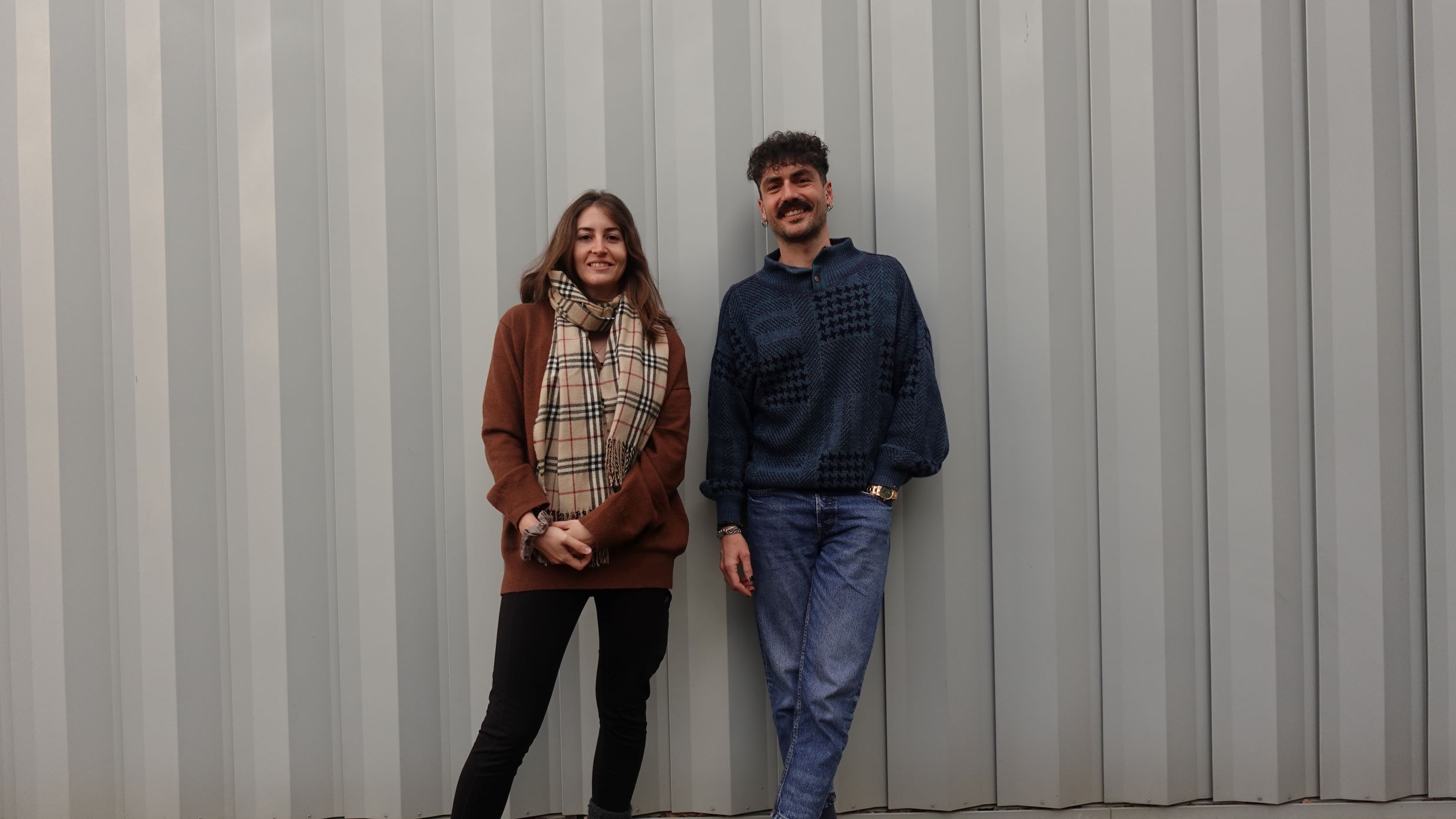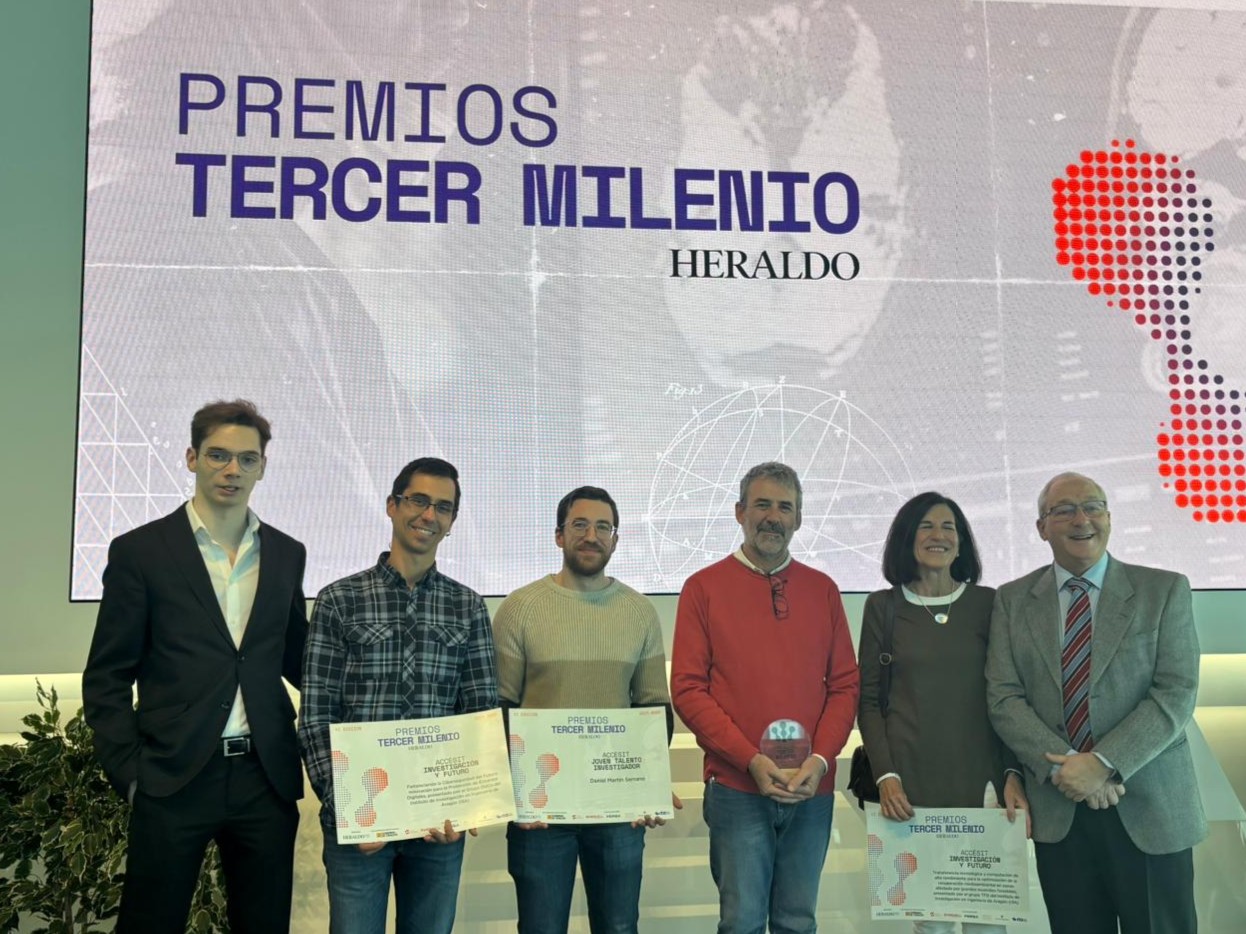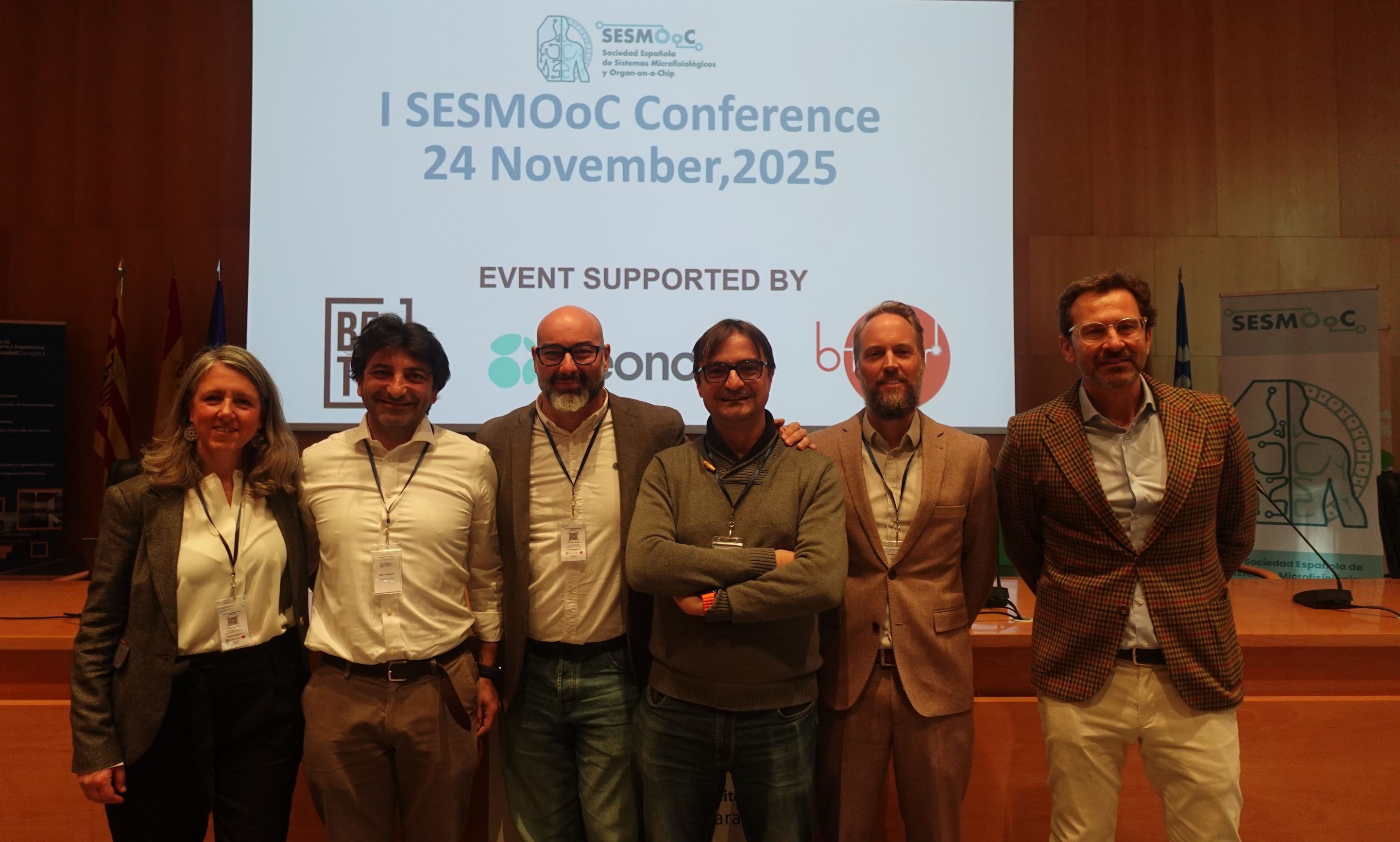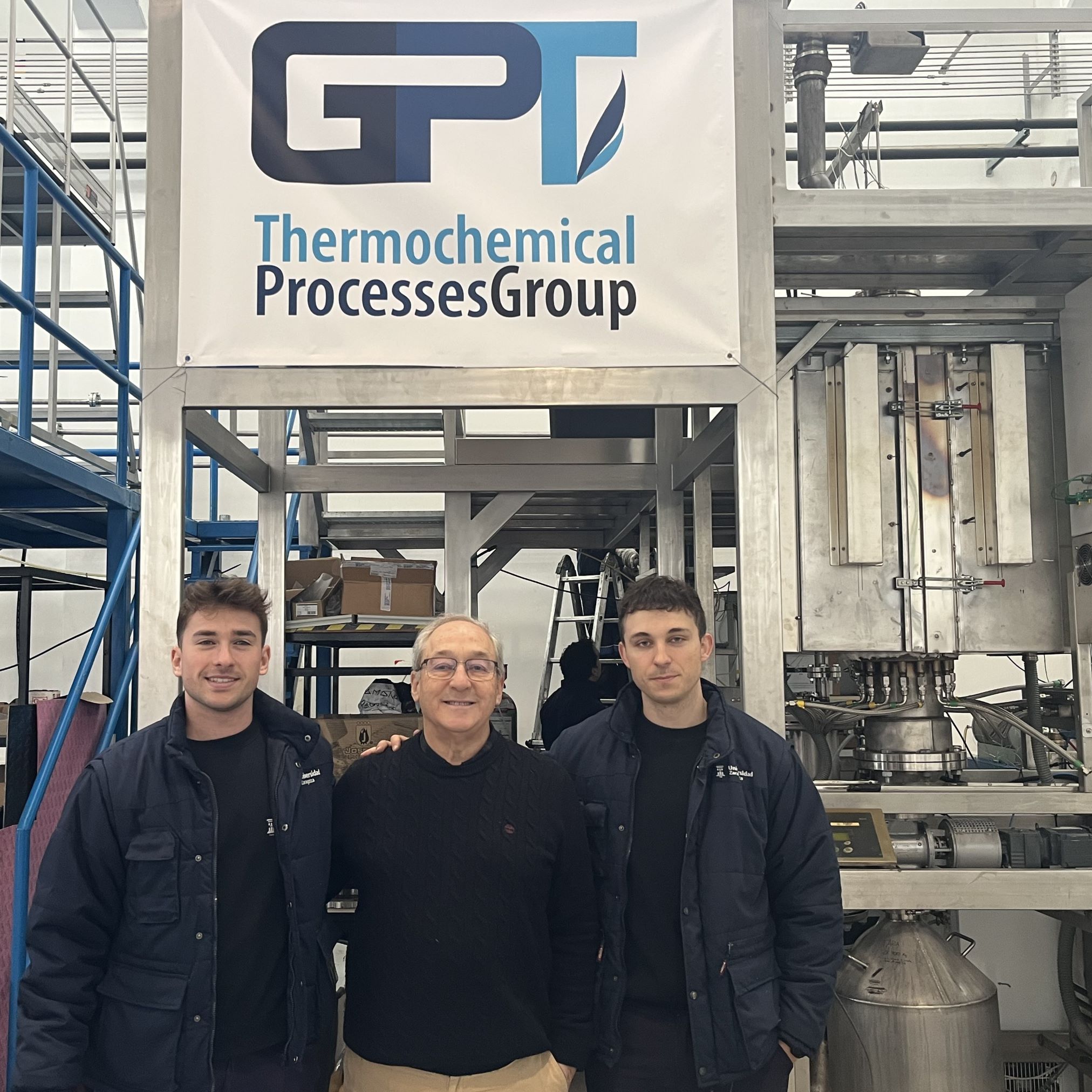
Researchers from the Engineering Research Institute of Aragon (I3A) of the University of Zaragoza are participating in a new project whose objective is to obtain advanced biofuels such as electro-Diesel or e-Diesel and sustainable fuels for the automotive and aviation sectors. They will do so from waste and incorporating green hydrogen.
This is the BioCAs-CCU project, ‘Synthesis of advanced biofuels through CO2 capture strategies (CCU)’. It proposes a novel strategy that integrates, among others, gasification technologies, process intensification with micro-reaction systems and manufacture of compact catalytic systems by 3D printing.
The University of Zaragoza participates through the Thermochemical Processes Group of the I3A, coordinated by the researcher Jesús Arauzo, with the support of the Research Results Transfer Office (OTRI). Within the project, the TPG will lead the development of the gasification process of waste from the treatment of carbonaceous materials. This development includes experimental work from the laboratory pilot plant to the demonstration plant, in cooperation with the companies in the consortium.
The BioCAs-CCU project is based on a circular economy approach with the challenge of creating a new generation of advanced biofuels. It is coordinated by the University of Jaén (UJA), within the framework of a collaborative R&D project involving automotive and energy companies and universities. It has just started its work after the presentation meeting that took place on 16 January at the Scientific-Technological Campus of Linares of the University of Jaén.
The BioCAs-CCU project consortium is made up of a group of companies and another of knowledge agents, universities and technology centres. The grouping of companies includes some with high productive and technological capacity, such as Liderkit, Iberfluid and MELTIO and Linares Biodiesel Technology (coordinating entity of the CDTI grouping), which contribute knowledge through a multidisciplinary unit in the different areas of the project and promote its projection and transfer.
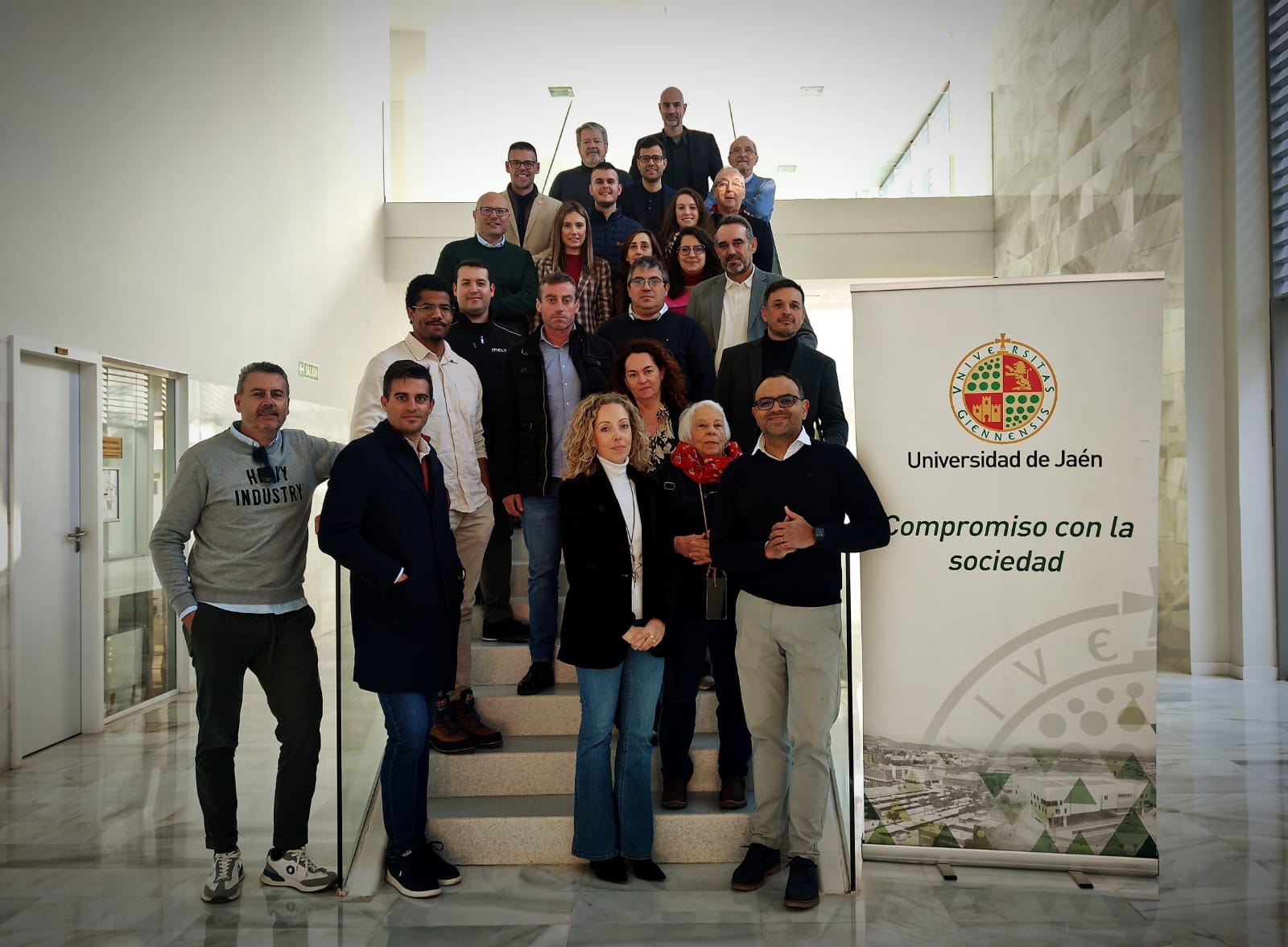
The grouping of knowledge agents, which together received a grant of 1.9 million euros, includes the University of Granada as coordinator and the University of Jaén, the University of Seville, the University of Zaragoza and the FIDEAS Foundation as members. The contributions of both universities and the business sector are an example of public-private collaboration in the integration of knowledge to develop complex, effective and versatile solutions.
In this regard, Indesal played a significant role in generating, promoting and channelling the BioCAs-CCU proposal, acting as a promoter of technologies from universities and research centres to industrial companies interested in them, ensuring the generation of a complementary consortium, which was decisive in obtaining funding for this project.
Photographs: Jesús Arauzo, with two of the young researchers from the Thermochemical Processes Group.
Members of the BioCAs-CCU Project entities at the initial meeting in Jaén. (Photo: BioCAs-CCU©)
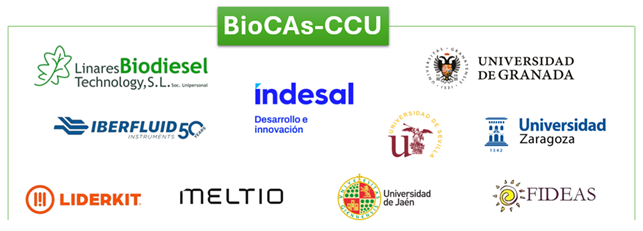
The BioCAs-CCU project (Reference PLEC2024-011196) is funded by the State Research Agency of the Ministry of Science, Innovation and Universities MICIU/AEI /10.13039/501100011033 and by European Union ERDF funds.


